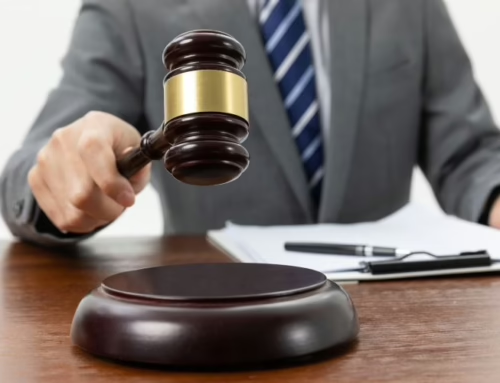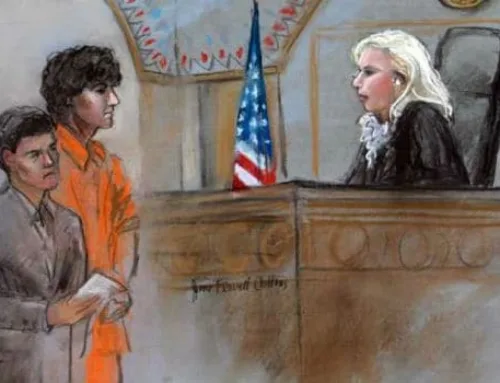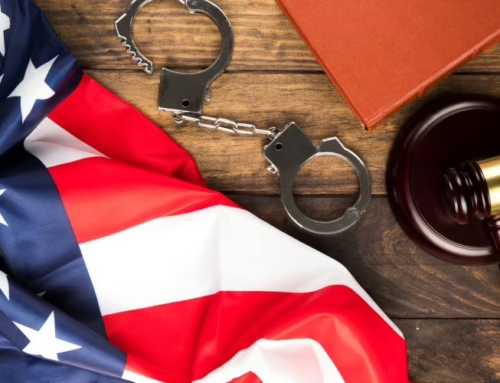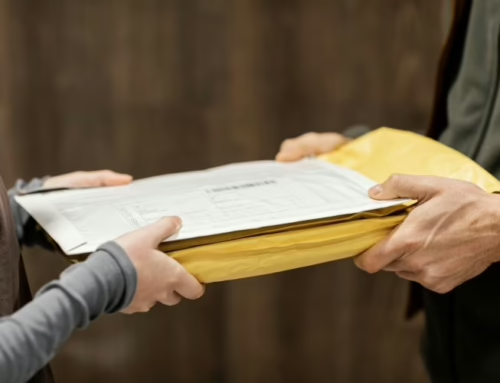Images and depictions of child pornography are not considered protected forms of free speech under the U.S. Constitution. This means they are illegal under both state and federal laws. Federal charges involving child pornography are quite severe and prosecutors often try to punish offenders under the full extent of the law. If you or a loved one is facing federal child pornography charges, contact an experienced criminal defense attorney now.
What is Child Pornography?
Federal laws define “child pornography” as any visual depiction of sexually explicit conduct involving a minor. Some definitions here are helpful:
- “Visual depictions” include photographs, videos, and digital or computer-generated images, and
- A “minor” is a person under the age of 18.
As to “sexually explicit conduct,” conduct of this type includes images depicting a minor engaging in sexual activity. More subtle material, though, can also be labeled “sexually explicit.” For example, a picture of a naked child may equate to illegal child pornography if it is sexually suggestive.
What is Prohibited Under the Law?
Federal laws establish many different prohibitions when it comes to child pornography. 18 U.S.C. Sections 2252 and 2252A set forth most of the prohibited activities. These statutes criminalize the following acts:
- Production,
- Distribution,
- Reception, and
- Possession of an image of child pornography.
Additionally, under 18 U.S.C. Section 2251, it is illegal to persuade, induce, entice, or coerce a minor to engage in sexually explicit conduct for the purposes of producing visual depictions of that conduct. Further, 18 U.S.C. Section 2251A prohibits any parent, legal guardian, or other person in custody of a minor to buy, sell, or transfer custody of that minor for purposes of producing child pornography.
When does Child Pornography Lead to a Federal Criminal Charge?
As stated above, activities relating to child pornography can lead to both state and federal criminal charges. Federal charges may be filed when a child pornography crime occurred in interstate or foreign commerce. For example, a child pornography offense will involve interstate or foreign commerce if the defendant used the U.S. mail system to transport child pornography across state or international borders. In addition, federal charges may result when an accused is suspected of using the internet to commit an offense.
The reality is that because of the breadth of federal jurisdiction, federal prosecutors are in a position to charge almost any case involving child pornography in federal court if they so choose. The factors they typically consider include: the seriousness of the conduct, including whether production was involved, the scope of the conduct, and whether a defendant has any previous sex offense convictions.
What are the Penalties?
Child pornography convictions under federal laws involve potentially severe penalties. Many types of convictions lead to mandatory minimum sentences ranging from 5 to 15 years. For example, a first-time offender convicted of producing child pornography will face 15 to 30 years in federal prison. A first-time offender convicted of transporting child pornography in interstate or foreign commerce will face five to 20 years in prison. This includes simply receiving images that have been sent over the internet. Even if no mandatory minimum penalty applies, the sentencing guidelines for these offenses are quite severe. Also, keep in mind that offenders will face more severe penalties if they have prior child pornography convictions.
Can a Defendant Raise a Defense?
Persons facing federal child pornography charges can challenge them with a legal defense. Please note that evidence supporting these types of charges is often gathered during a search by law enforcement personnel. The Fourth Amendment to the U.S. Constitution, though, declares that we have the right to be free from “unreasonable” searches and seizures. If authorities obtain evidence from an unreasonable, or unlawful search and seizure, then that evidence can be excluded from a criminal case. The Constitution and other federal laws create strict criteria for when warrants can issue for personal electronic data. If the government does not follow these criteria it means that child pornography charges could be reduced or even dismissed. Additionally, there are many steps that can be taken to mitigate the seriousness of charges and potential penalties.
Contact Black & Askerov for Help
The criminal defense attorneys at Black & Askerov have over 30 years of combined experience defending clients on child pornography charges. Our Seattle sex crimes lawyers have the skill and experience that makes all the difference in these types of cases. They know the issues to look for and the best way to take advantage of those issues. Black & Askerov will fight tooth and nail for you at every step of your case. Contact us now to get the legal help you deserve!






